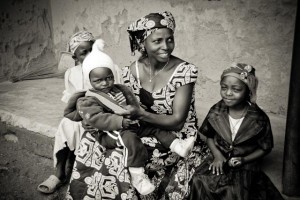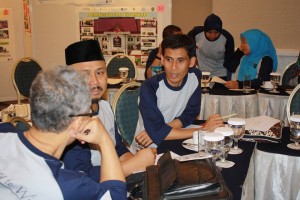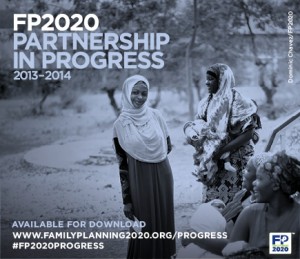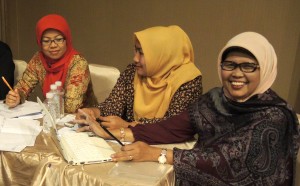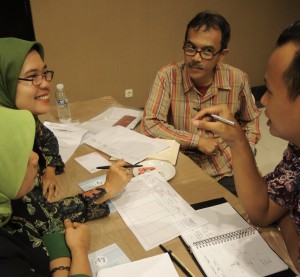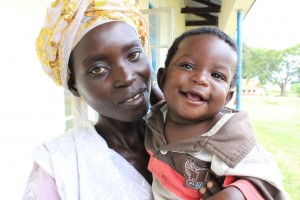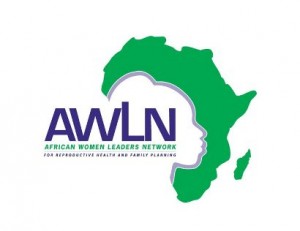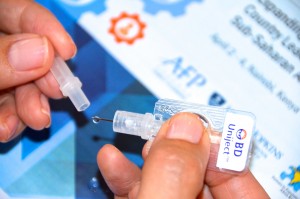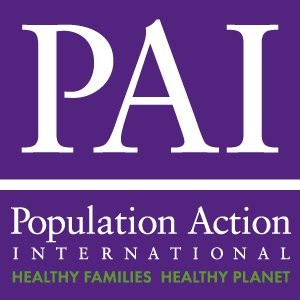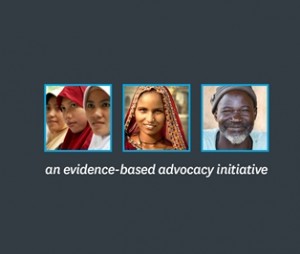View the latest family planning advocacy news from our partners.
On 30 October 2014, the 57th National Council on Health in Nigeria approved the “Task Shifting and Sharing Policy for Essential Health Services,” which was coordinated by Departments of Planning Research and Statistics and of Family Health in the Ministry of Health, with technical input from many partner organizations. This process began in 2012 with the policy allowing Community Health Extension Workers (CHEWS) to provide injectable contraceptives at the community level.
Originally posted on Knowledge for Health by Sarah V. Harlan, Senior Program Officer/Learning Director, JHU-CCP
November 26, 2014
"We are not alone. We can learn from each other." -- Member of district working group in Tuban, East Java (and participant at the ICMM/AFP knowledge-sharing meeting)
Two years after the London Summit on Family Planning, funding for family planning programmes and the number of women and girls using modern contraception has increased significantly.
By Joan Koomson, The African Women's Development Fund
African Women Leaders Network for Reproductive Health and Family Planning (AWLN) members in Zanzibar, Tanzania, have succeeded in advocating the Director of the Central Medical Stores (CMS) to issue a directive for all family planning service providers at facilities in two districts—Unguja North and Pemba—to undergo re-training in the management of the Zanzibar Integrated Logistics Systems (ZILS).
By Hari Fitri Putjuk, Center for Communications Programs Indonesia
Developing countries aiming to build strong family planning programs often look to Indonesia as a model — and with good reason.
By: Halima Shariff, Advance Family Planning Tanzania Director
After the birth of their third child, Semeni and her husband Balisyega were anxious to secure contraceptives in Tanzania.
“I desperately wanted to avoid any accidents from happening because these three children are what I am capable of taking care of,” Balisyega recently told a service provider. After much thought, the couple decided that a contraceptive implant — effective for three years — would best meet their family planning needs, and Semeni was able to receive one at a local clinic.
On August 9th, the Johns Hopkins Bloomberg School of Public Health signed a collaboration memorandum with BKKBN (Indonesia’s National Population and Family Planning Board) to formalize its partnership and recognize a new collaboration for improving research, policies and practice in family planning and reproductive health.
July 30, 2014
By Richard Mugenyi, Communication and Public Relations Coordinator, Reproductive Health Uganda
By Gillian Nyambura, AWLN Project Officer, International Planned Parenthood Federation Africa Region, and Natasha Nduhiu, Communications Consultant, AWLN
Nyaradzayi Gumbonzvanda, an African Women Leaders Network for Reproductive Health and Family Planning (AWLN) member from Zimbabwe, was appointed the African Union’s Goodwill Ambassador for Ending Child Marriage in June.
In April 2014, 80 experts in program and policy development and implementation met in Nairobi Kenya to focus on actions needed to increase access to the widest possible range of contraceptive methods in Kenya, Tanzania, and Uganda. Convened by Advance Family Planning with a national, regional and international planning committee, the meeting provided a platform for exchange of key technical resources, research findings, shared experiences, and the impediments and opportunities for large-scale uptake of proven interventions.
By Dilly Severin, Communications Director, Population Action International. Cross-posted from All Access.
In January, the government of Zambia approved its first-ever budget line for reproductive health supplies, including contraceptives. The government allocated $9.3 million for fiscal year 2014 to supplies—a major achievement for Zambian reproductive health advocates.
The Advance Family Planning (AFP) initiative will host a special panel, “Family Planning 2020 in Action: Advocates’ Experiences,” on Wednesday, May 21, part of a series of events recognizing the 15th anniversary of the Bill & Melinda Gates Institute for Population and Reproductive Health at the Johns Hopkins Bloomberg School of Public Health. All are welcome to attend.


